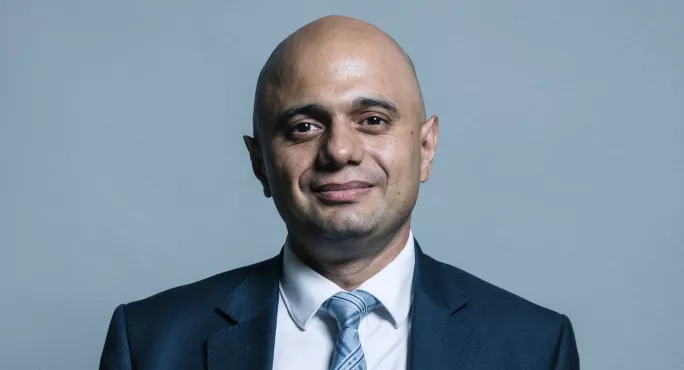The government has announced a spending review to “support” Boris Johnson’s “ambition” for extra funding for schools – but it will not give schools extra money before September 2020.
Chancellor Sajid Javid said he and the prime minister have asked for a one-year spending round to be completed in September, instead of a lengthier exercise, in a bid to free up departments.
It will cover day-to-day department budgets for 2020-21, rather than a three-year period first mooted by the previous government, as the UK prepares to leave the EU on 31 October.
Boris Johnson: Pension and SEND costs could eat into PM's £4.6 billion
Quick read: PM 'must honour funding pledge'
Protest: Heads to march for school funding out of 'desperation'
The Treasury told Tes that school funding for the 2019-20 school year had already been set, and the spending review would be looking at the 2020-21 school year.
Extra school funding?
In a statement, the Treasury said the review “will support the commitments made by the prime minister since he came to office”, adding that this includes “his ambition for additional funding for schools”.
During the Conservative leadership election, Mr Johnson pledged to increase school funding by £4.6 billion a year by 2022-23 to reverse real-terms funding cuts since 2015.
He has also promised to increase the minimum per-pupil funding for primary schools from £3,500 to £4,000, and for secondary schools from £4,800 to £5,000.
The Treasury was unable to say which of these commitments the one-year spending review would support.
Mr Javid said: "The prime minister and I have asked for a fast-tracked spending round for September to set departmental budgets for next year.
"This will clear the ground ahead of Brexit while delivering on people's priorities."
There is already uncertainty about the details of Mr Johnson’s funding pledges.
The Department for Education was last week unable to say whether schools would be expected to fund the £1.5 billion annual cost of increased pension contributions, after the one-year period for which funding has already been agreed, out of the promised £4.6 billion.
Spending reviews tend to cover periods of three or four years and involve discussions between departments and the Treasury over funding settlements.
A multi-year spending review along these lines is scheduled to take place in 2020.
(Photo: Chris McAndrew, Parliament, Licence)




